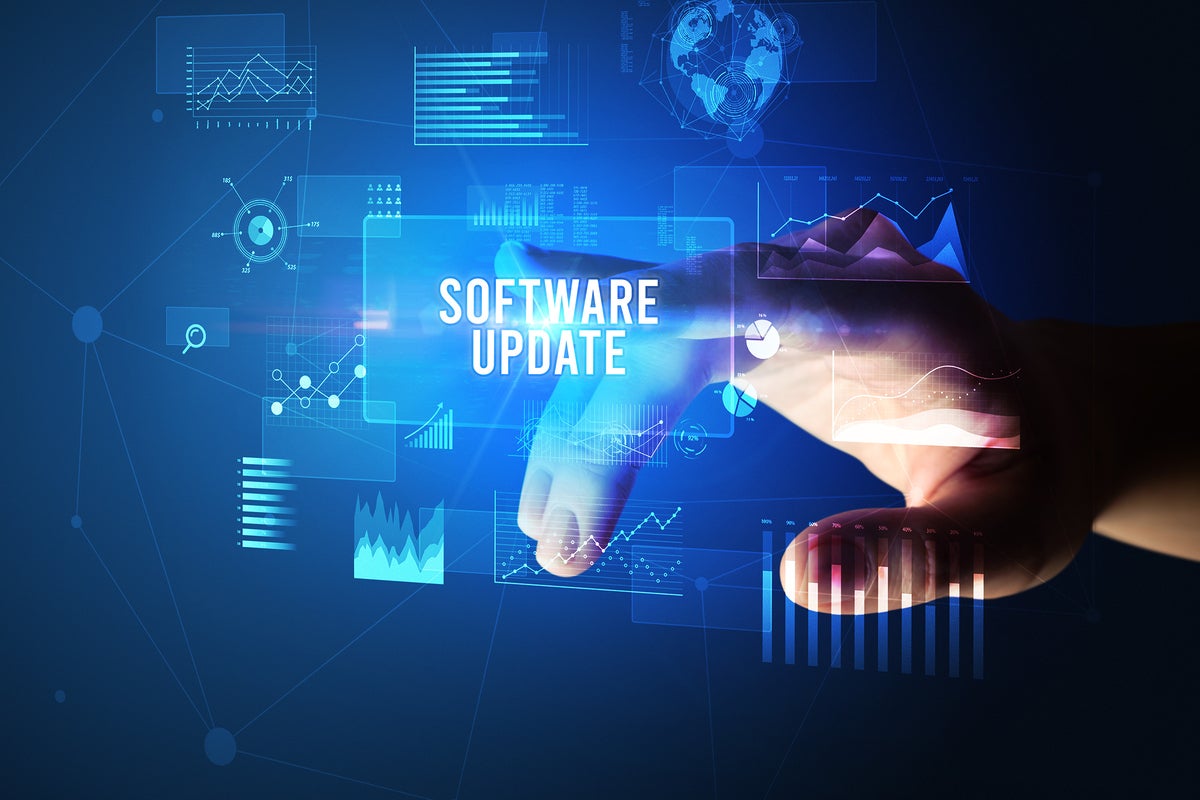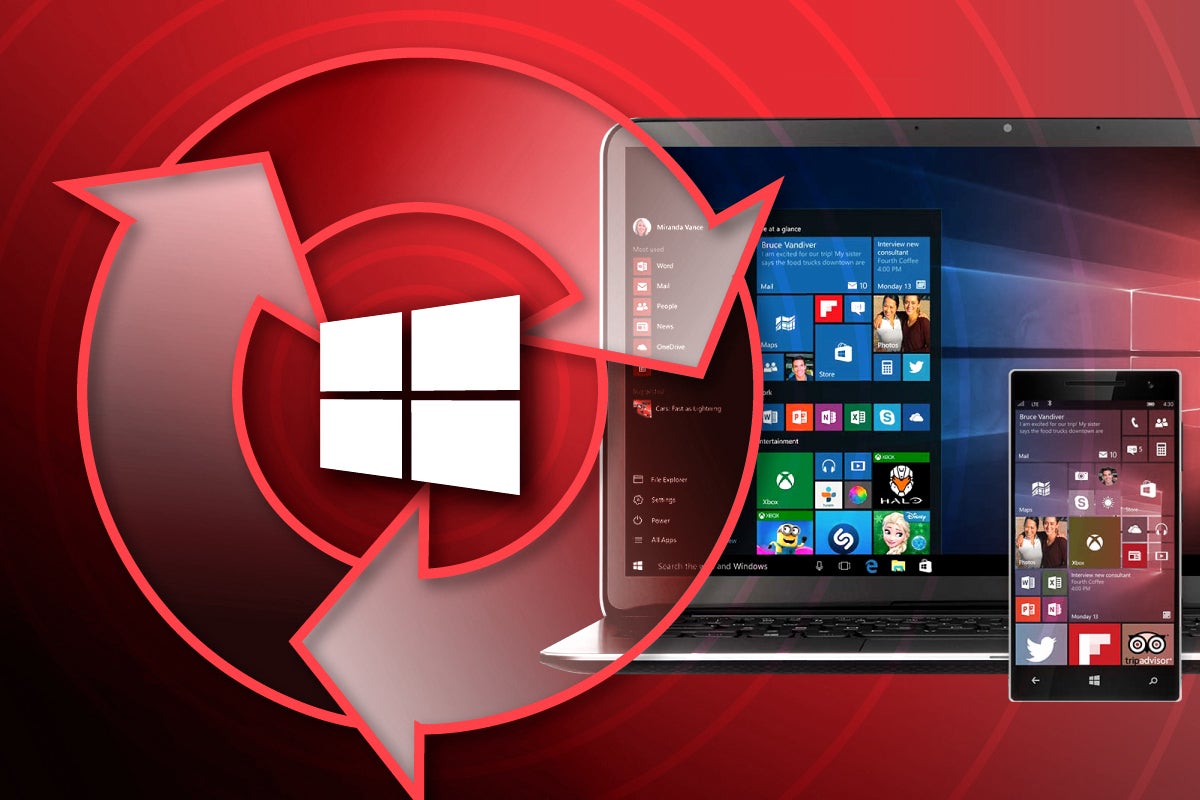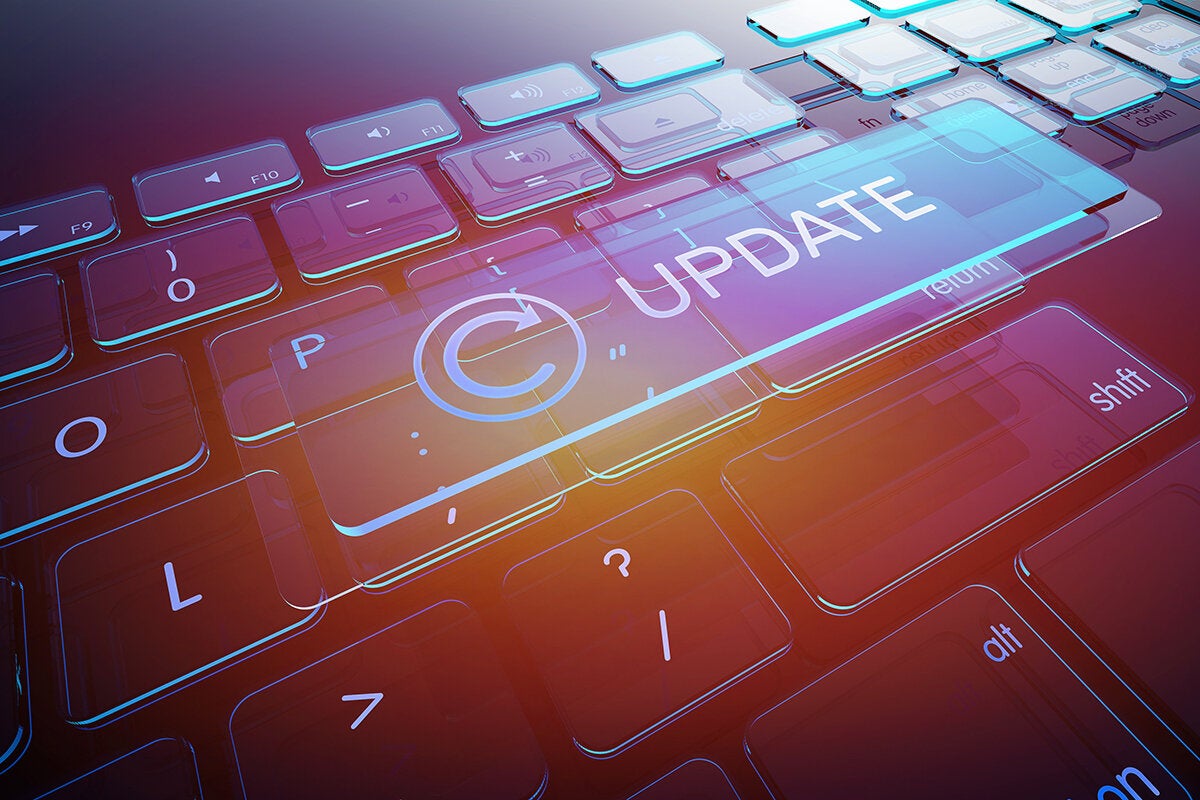Windows 11 — we haven’t seen anything, yet

Credit to Author: Rob Enderle| Date: Wed, 06 Apr 2022 10:24:00 -0700
Disclosure: Microsoft is a client of the author.
Microsoft this week had an analyst event about Windows 11 and a variety of productivity, management, and security features the company has planned. Over the last couple of years, Microsoft has aggressively improved both Windows and Office 365, but the big change ahead is the potential blend of Windows with Windows 365. We’ll see that start by the end of the year. The end game should be what appears to be a Windows desktop that integrates so well with the cloud that it can, when necessary, seamlessly switch between instances to comply with company policy, assure security, and provide recourse on automatic demand from Azure Cloud.




